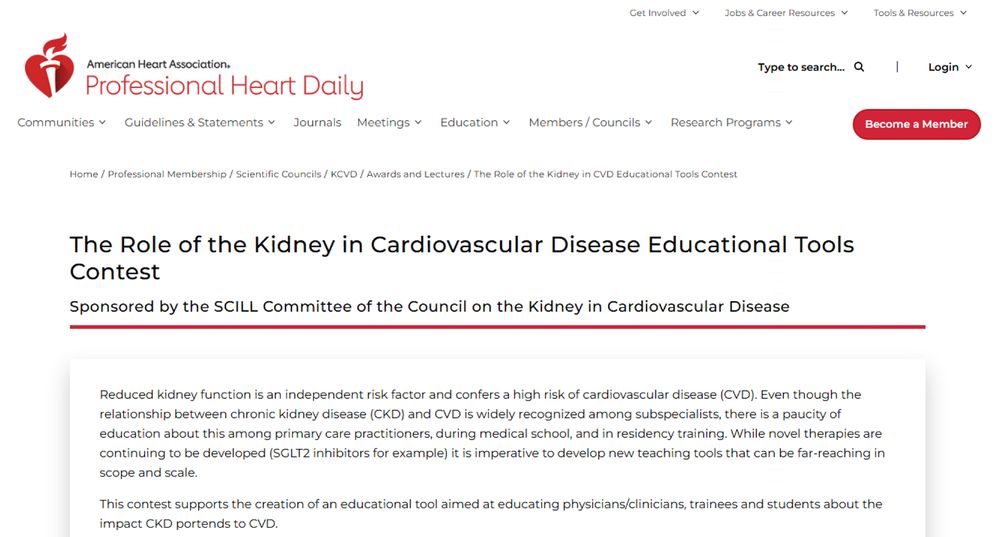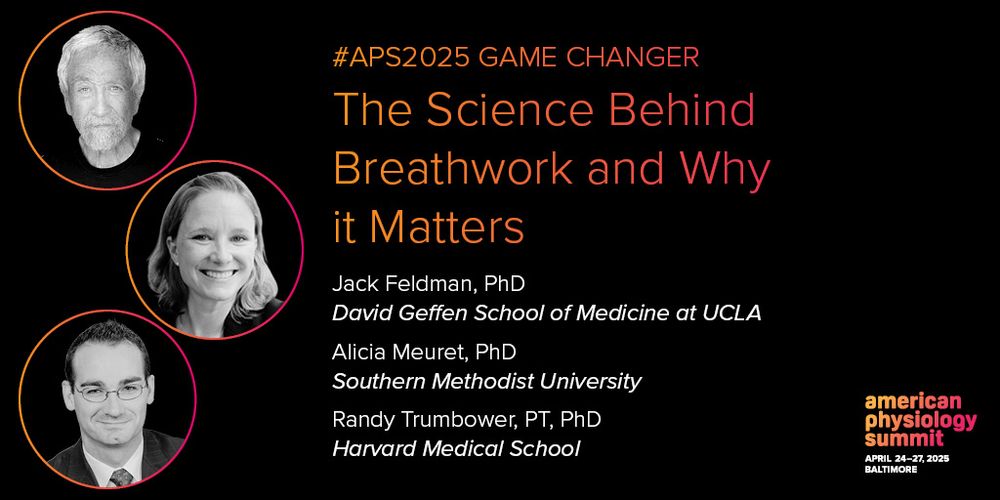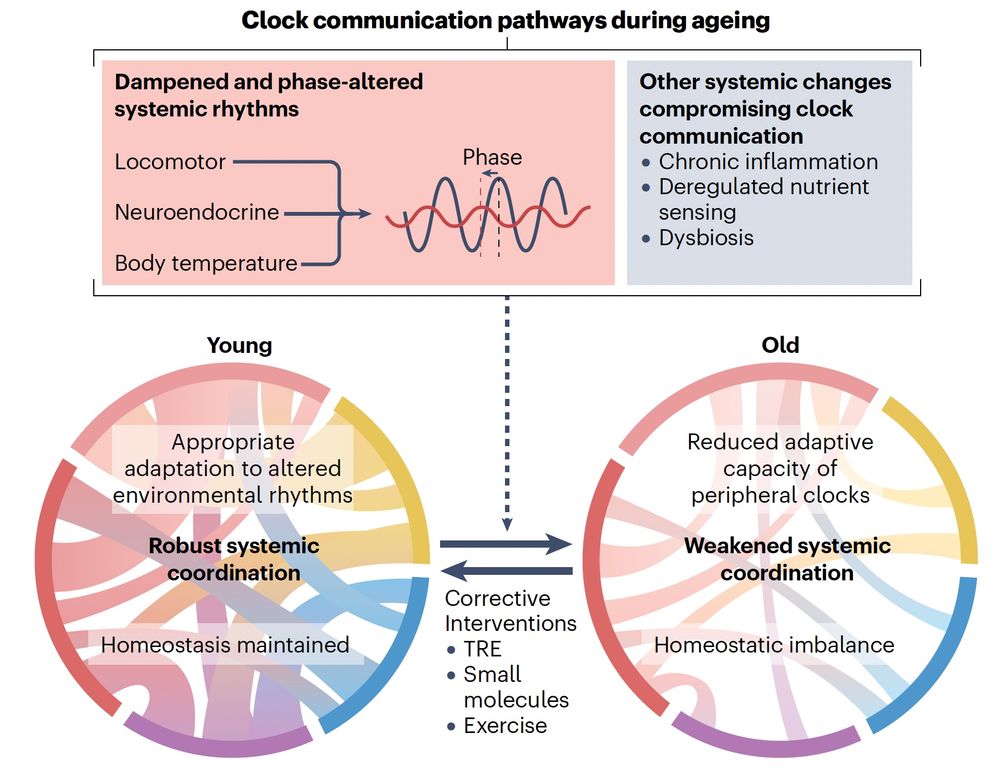











The Role of the Kidney in Cardiovascular Disease Educational Tools Contest Sponsored by the SCILL Committee of the AHA Council on the Kidney in Cardiovascular Disease
professional.heart.org/en/professio...

The Role of the Kidney in Cardiovascular Disease Educational Tools Contest Sponsored by the SCILL Committee of the AHA Council on the Kidney in Cardiovascular Disease
professional.heart.org/en/professio...







www.nejm.org/doi/10.1056/...
In patients with IgA nephropathy, the selective ER-antagonist atrasentan substantially reduced proteinuria compared to placebo.

www.nejm.org/doi/10.1056/...
In patients with IgA nephropathy, the selective ER-antagonist atrasentan substantially reduced proteinuria compared to placebo.




